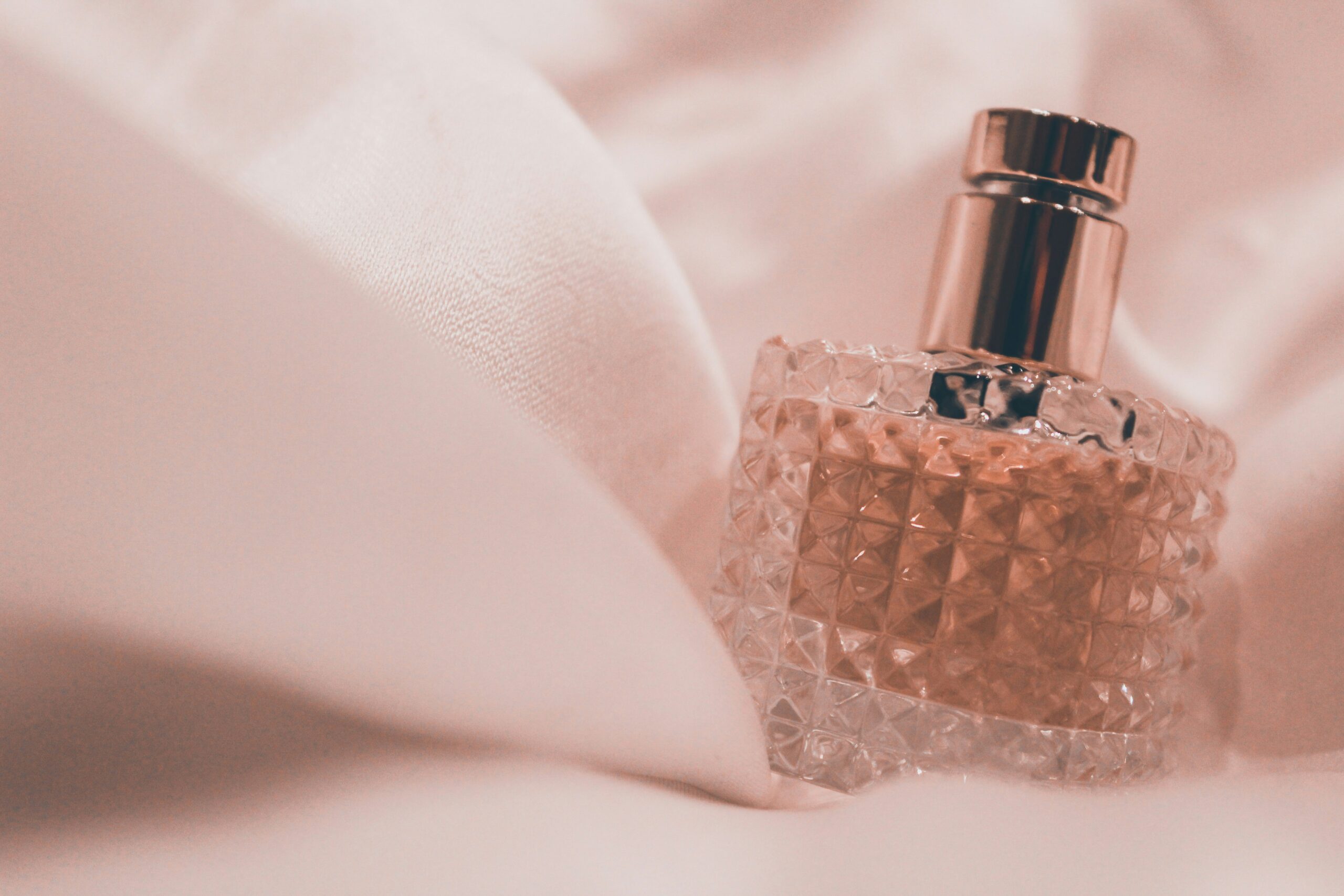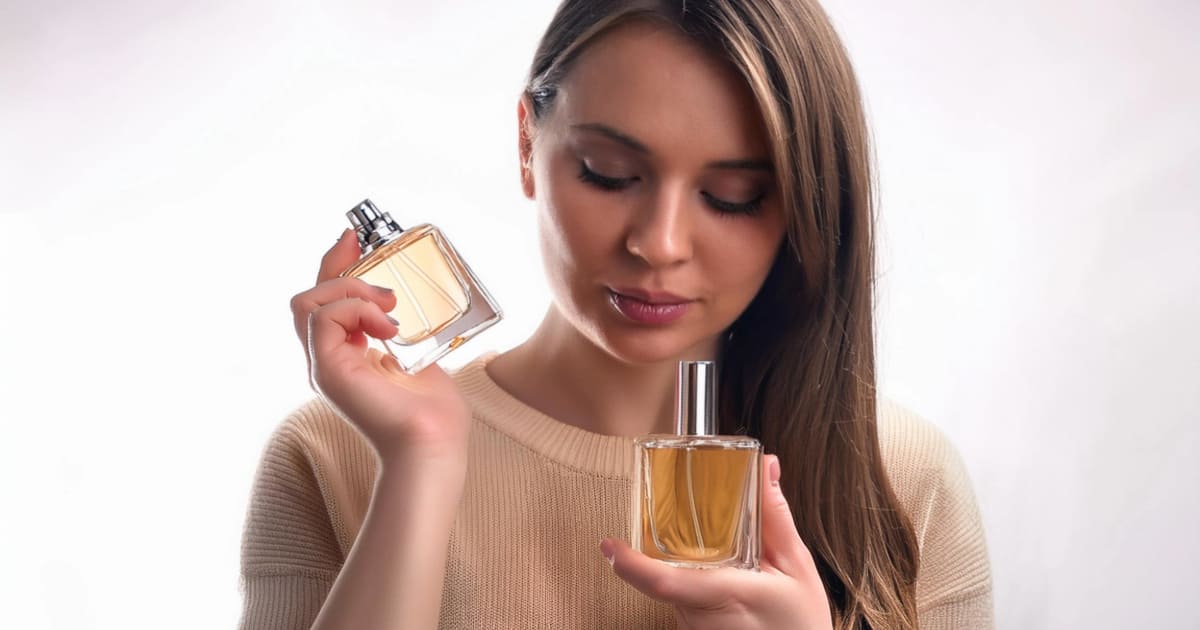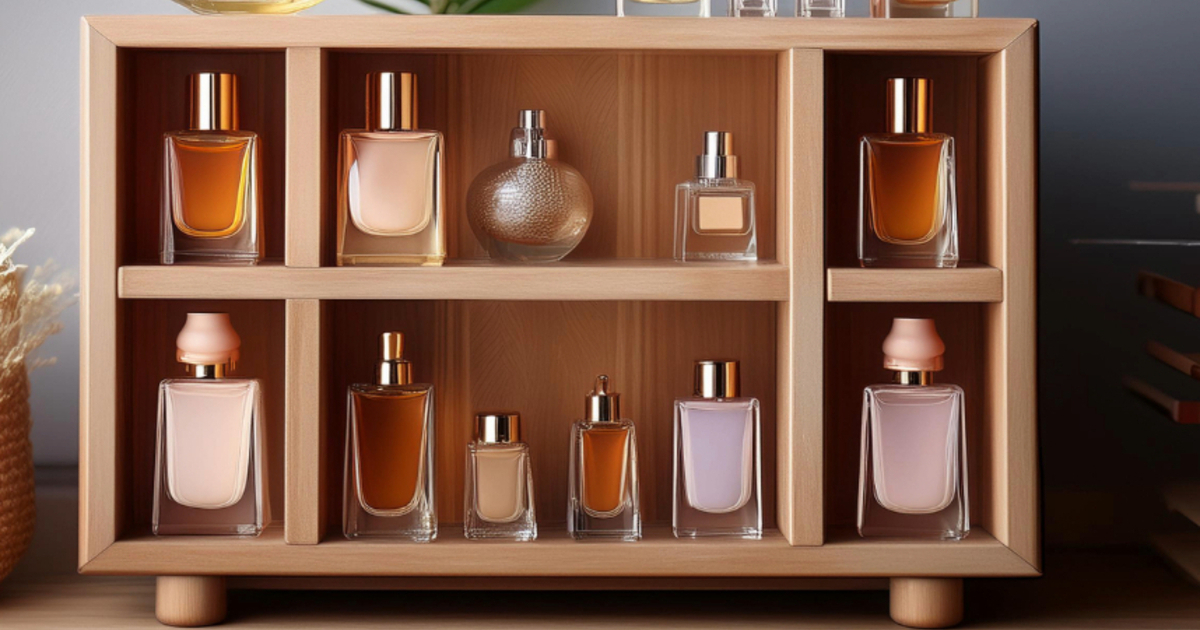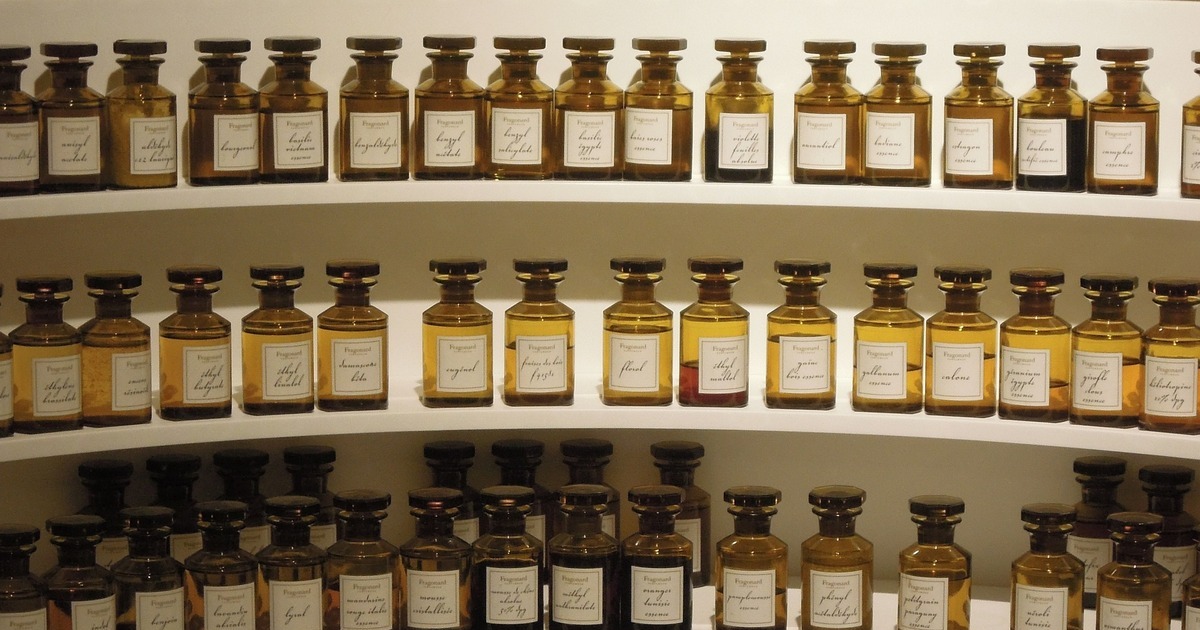Table of Contents
TogglePerfume has a limited lifespan, so it can expire. Once you open a bottle of perfume, the fragrance molecules start degrading. Even unopened perfume deteriorates over time.
Happily, fragrances can also last incredibly long. Archaeologists have discovered a 4,000-year-old perfumery on Cypress and have managed to recreate four perfumes from residues found at the site.
Does Perfume Expire If Unopened?
It’s not easy to know how long a perfume will contain its perfect fragrance if left unopened. How long a fragrance will last depends on its chemical composition, the quality of the ingredients used, and the way it is stored.
If you store it in such a way that it doesn’t get exposed to environmental factors, such as air, heat, or light, a perfume can last as long as 30 years. Modern perfumes last three to five years on average once opened.
Experts have found that, if properly stored, perfumes with heavier base notes (amber and musk) can last long, and even improve with age. In this respect, aging perfumes have been likened to fine wines. Fragrances with lighter base notes (florals and citrus) are more volatile and tend to have a shorter life.
The oils contained in a perfume also influence its shelf life. Perfumes that contain essential oils tend to last longer than those containing vegetable oils. There’s no definitive rule defining fragrance expiration date. Jacques Huclier, a perfumer at Givaudan, shared his opinion on InStyle the fashion magazine that there’s no cardinal rule; each fragrance has a different lifespan.

What Causes Perfume to Expire?
Several factors affect the perfume shelf life. In addition to optimal storage conditions, perfumes need to be protected from exposure to UV light, air, bacteria, and temperature fluctuations. These factors break down the chemical composition of the perfume, causing it to deteriorate and become unusable.
The following environmental conditions can affect your perfume, so be careful to protect your perfume from them.
Oxygen
When you open a perfume bottle, the perfume starts oxidizing. In other words, its chemical composition starts changing because of the exposure to oxygen. This can change the fragrance of the perfume over time.
Every time you open the bottle, you expose the contents to oxygen. The more you do it, the quicker the perfume will degrade. To preserve your perfume as long as possible, don’t open it often, and work fast so you limit the time it’s exposed. Tighten the cap properly when done.
Bacteria
Perfume can spoil when it gets exposed to bacteria. This can happen when the nozzle of the perfume bottle makes direct contact with the skin. If this happens repeatedly, the content in the bottle may deteriorate over time, especially if the perfume contains natural ingredients.
Be careful when you handle any perfume bottle. Try not to touch the nozzle directly to your skin, and make sure your hands are clean. Also, don’t hand your perfume to others to use.
Heat
Heat has a devastating effect on perfume. It accelerates the evaporation of volatile components in perfume, thereby affecting the concentration of the fragrance molecules. In addition, it accelerates the oxidation process. Ultimately, these interactions result in a fundamental change in the potency of the fragrance and limit its lifespan. Heat can change the fragrance completely, rendering the perfume rancid and foul-smelling.
Humidity
Like heat, humidity also affects fragrances adversely. Humidity can disturb the delicate chemistry of perfumes, accelerating their deterioration. Perfumes stored and opened in humid environments like bathrooms can easily lose their specific fragrance profile.
How to Tell Your Perfume Has Expired?
You can tell from the following indications that a perfume is off.
Smell
This may be the most obvious sign that a perfume has expired. When you spray the scent on and it has a slight metallic or sour odor, it has probably expired. When perfume comes into contact with oxygen in the air, the oxidation process alters the fragrance molecules, changing the fragrance profile over time.
It is mostly the top notes like lemon, orange, and bergamot that are most vulnerable to oxidation.
If you have been keeping a perfume for a while and are unsure whether it’s still usable, spray a bit on the piece of paper and smell it. If it smells off, you can simply discard the paper; you won’t have the foul-smelling odor on yourself or your clothes.

Discoloration
Another sign of a perfume that has expired is the discoloration of the liquid. If your perfume has changed color, it might be going off. For instance, if it was a clear honey color and now it’s more of an amber color, you might want to check if it has expired.
Also, a perfume with a high alcohol content may become more concentrated as the alcohol evaporates over time, making the perfume more concentrated and smelling differently.
Sediments
If you see tiny particles floating in your perfume, or sediment on the bottom of the bottle, you are looking at the result of oxidation It is a natural process involving the disintegration of perfume ingredients and the evaporation of alcohol and water. It means the perfume has been around for a while and might not be in pristine condition anymore.
This happens more often with perfumes high in top notes like citrus and florals. If you see sediment in these perfumes, it’s probably time to discard the fragrance and replace it with a new one.
Expiry Date
As with food, an expiry date displayed somewhere on the packaging may be a helpful indication of the expected lifetime of the product. In the case of perfumes, a batch code or a PAO (Period After Opening) number is usually displayed on the bottom of the perfume container itself or on the packaging.
The PAO number is represented by an open jar pictograph with a number that indicates how many months you can use the perfume after opening it.
How to Store Your Perfume?
Where and how you store your perfume will have a definite effect on how long it lasts. Consider the following suggestions for keeping your perfumes in top condition.
Choose the Right Storage Condition
To extend the life of your perfume, store it in a cool, dark place, away from heat and direct light. Ideal spots are a dressing table drawer or a linen cupboard if you have one. You can also keep it in a box in your closet or on a shelf. The box protects the bottle, keeping it away from light, which can damage the perfume.
It’s important to keep your perfume away from sunlight as the light and the heat will break down the fragrance molecules, rendering the fragrance less potent over time.

Store Perfume at a Consistent Temperature
It’s not a good idea to keep perfumes in the bathroom. The temperature and humidity levels in a bathroom keep fluctuating as people use it to shower or bath. It may be convenient to keep your perfume in the bathroom, but it doesn’t offer the ideal storage conditions.
Keep Perfume Bottles Properly Sealed
Don’t open and close perfume unnecessarily. Every time you take off the cap, air, humidity, and temperature fluctuations have an opportunity to affect the perfume and degrade it. Perfumes should be kept in their original containers and with caps tightly closed.
Don’t Decant Perfume into Decorative Perfume Bottles
It’s tempting to pour your favorite fragrance into a beautiful perfume bottle, but it’s not a good idea. When you pour liquid it gets exposed to air and other environmental factors, leaving it vulnerable to oxidation and bacteria.
What to Do With Old Perfume?
If you have a perfume that’s been sitting in your closet for a while, you can test it first before getting rid of it. Spray it into the air a few times and then spray a bit onto a piece of paper or cloth to test the odor. If it’s fine, use it as usual.
If the scent seems off, the perfume has expired and you should stop using it. The fact that it smells off means the chemical composition has changed and the perfume may perform unpredictably. For instance, it may cause unintended skin reactions.
It’s best to discard your expired perfume. Keep in mind that perfumes contain alcohol and other potentially volatile ingredients, so make sure to dispose of them responsibly. Don’t pour it down the drain or the toilet. Contact your local council to find out where to drop off hazardous household waste.

